
by Pentacle-nextSteps | Apr 23, 2024 | Accounting for the Performing Arts, Budgeting, Financial Resources
Creatives & Credit Creatives & Credit Workshop with Tierra Bonds For artists and creatives looking to build good money habits, this fiscal session teaches you how to reach your credit score goals. Have you ever wondered how credit works and how you can use it...
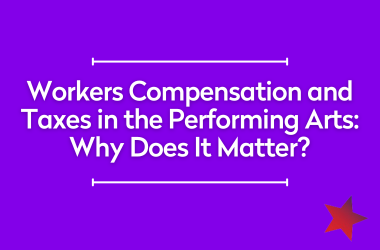
by pennextsteps | May 19, 2022 | Taxes
Workers Classification in the Performing Arts: Why Does It Matter? NEXTSTEPS GUEST WRITER: STEFI GEORGE How You Classify Workers Can Make a Big Difference for Workers Compensation and Tax Considerations Workers classification and taxes are two big considerations when...
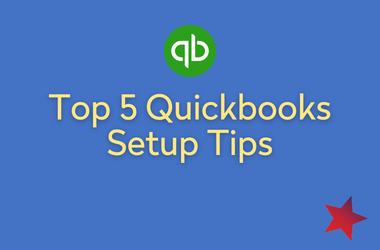
by Pentacle-nextSteps | Jan 31, 2022 | Accounting for the Performing Arts, Quickbooks
Top 5 Quickbooks Set-Up Tips Managing your organization’s finances can be overwhelming and time consuming. At Pentacle, we use Quickbooks, an accounting software that helps you manage your financial transactions, both internally as well as with our artists...
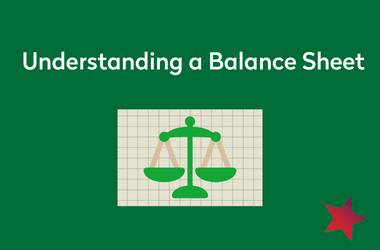
by Pentacle-nextSteps | Jan 13, 2022 | Accounting for the Performing Arts, For 501(c)3 Arts Orgs, For Arts Administrators, For Individual Performing Artists
Understanding a Balance Sheet What is a Balance Sheet? A Balance Sheet is a financial statement that summarizes the company’s assets, liabilities, and equity at a specific point in time. The Balance Sheet is an essential tool used by organizational leaders, Board of...
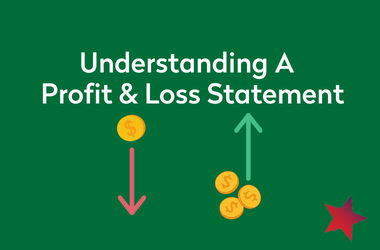
by Pentacle-nextSteps | Jan 7, 2022 | Accounting for the Performing Arts, For 501(c)3 Arts Orgs, For Arts Administrators, For Individual Performing Artists
Understanding A Profit and Loss Statement What is a Profit and Loss Statement? A Profit and Loss Statement (P&L) is a financial statement that measures the revenues, costs, and expenses incurred over a specific accounting period. P&Ls reflect an organization’s...
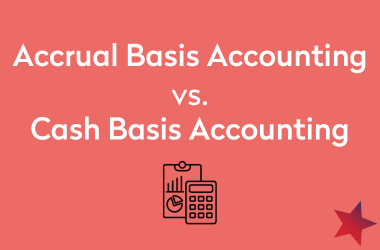
by pennextsteps | Nov 16, 2021 | Accounting for the Performing Arts
What is Accrual Basis Accounting vs. Cash Based Accounting? Accrual Basis Accounting Accrual basis accounting refers to a major accounting method that recognizes revenues and expenses at the time a transaction occurs, regardless of when cash is exchanged. Accountants...







